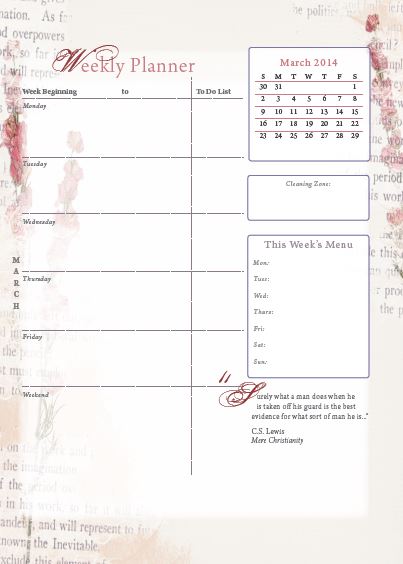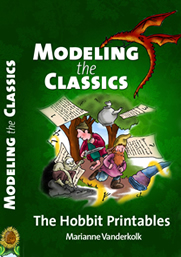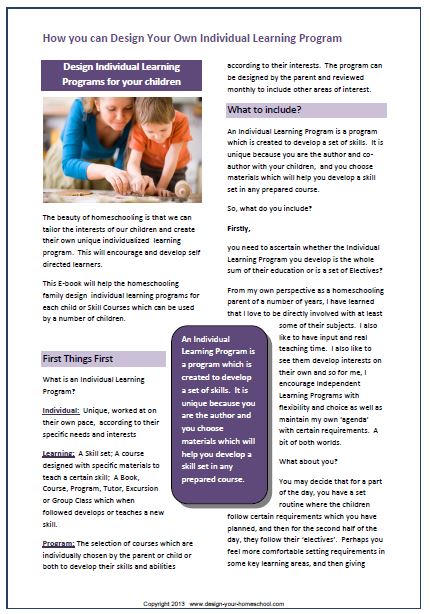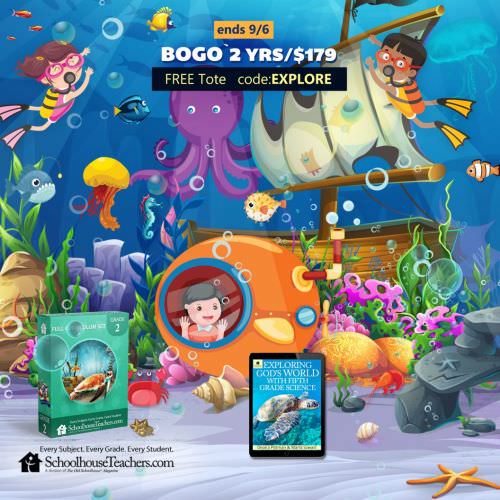Home School Science Ideas and ways to teach Science
Overview of home school science
Find your way through the homeschool science pages on my site:
- Ideas on how to teach home school science (this page)
- What makes a Homeschool science curriculum - and the divisions of science
- Observation: Nature Journal Resources and ways to implement nature study
- Science Experiments: Simple Science Experiments | More Cool Science Experiments
- Home school Science Resources: Living Books | Curriculum and Textbooks | Nature Journal Resources | Creation Resources | Science in Music | Australian Nature Studies |
- Science skills - your goals in the science curriculum
Home School Science! Science is such a broad subject area that at first thought, it might be daunting and you may wonder - How you will teach homeschool science and what really makes a homeschool science curriculum? This page aims to spend some time exploring some ways to teach home school science and methods and resources to do this.
You might be wanting some of the intricate details, but please step back with me for a moment to consider the aims of teaching Science which are very simple, and yet far-reaching. As a Christian parent, I'm sure that you would agree that the world we see is amazing and as we teach home school science, one of the main aims we should have is to strike awe in the hearts of our children for the Almighty, powerful God. As we study the created world, we see a God of infinite beauty, order, detail and interesting design. Science is simply seeing how wonderful God is. If that is what we pass on to our children, in the early years, I believe we have fulfilled the task. In Romans 1 we read that no man has an excuse for not knowing God for His evidence is clearly seen in all that is created. As we study, observe, read, experiment, and enjoy his world, we should be left in awe of our God.
The study of Science includes observation of nature around us, recording findings and information in Science notebooks by sketching and writing, reading from a variety of science resources, including home school science textbooks, and performing easy science experiments to test and reach conclusions.
Stretching our imagination, science opens the world and gives us a glimpse of the power and creativity of our God.
As I think this area through I have identified four ways to teach home school science and by focussing on these methods, you can design your own homeschool science curriculum. These are really quite easy to implement and once you've chosen science topics to study, you can apply the methodolgy again and again.
- Observation - an important science skill
- Home school science books
- Kids science experiments | Science project ideas
- Science notebooks
1. Develop skills in observation

Easy... Just look and observe.
Charlotte Mason has always been a big advocate of Nature walks. Sounds so easy, doesn't it? And yet, I found it hard to do. Maybe that's not a problem for you, but I think that sometimes this can get squeezed out of the day is just because we haven't made it a priority. If we say this is important, we should prioritize this. It can be as simple as walking the block every day. At times, we have walked the block and we have chosen a tree/bush each and observed it every time we passed by. That was a very simple exercise and really worthwhile because each child was taking special notice of what the plant was doing through the seasons. It can also be done in your own yard. The important thing to do is to take the time, observe and take notes as to what you have seen.
During the walk, the children should learn to take mental pictures.
You could say, "Stop and look as far as you can see. Now, close your eyes and tell me everything that was in your picture" .The children should also collect specimens, leaves, insects, flowers, twigs, rocks. Once you are home, you can display these specimens, classify them and learn to use field guides.
Nature Journaling can be as simple or complicated as you choose.
Nature journal ideas
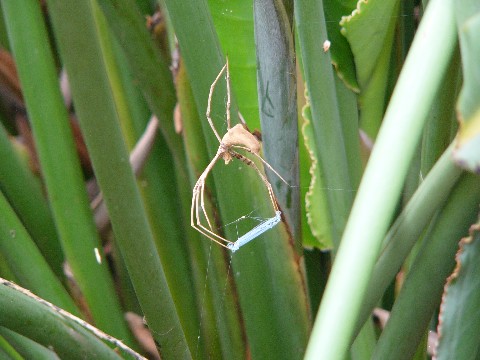
What can you add to your nature journal?
- -date
- -specimen
- -drawing
- -notes, description of the day/time/weather
- -scientific name/classification
- -work according to seasons; add details of one selected plant and take notes of it through all the seasons.
You could also add your photo to the On-line Nature Journal.
My favourite Nature Journaling resource is Keeping a Nature Journal by Clare Leslie and Charles Roth. This book is beautifully presented and gives tips through the whole book and helps you, "Discover a Whole New Way of Seeing the World Around You." It teaches you to journal through the seasons with examples of journal entries.
Here's some more information on Nature Journaling and Keeping a Nature Journal.
2. Home school science books
Reading aloud is the best home school experience you can give your children. Reading in any subject area increases vocabulary; reading in Science increases our child's scientific vocabulary in its context. We need to be careful when we choose what to read. Avoid dry lifeless books. Include both fiction and non-fiction. We can learn a lot about nature and also learn care for nature as we read worthwhile literature which brings the reader in tune with nature and develops a love for beauty.
What can we read in Home school Science?
- A range of topical interest areas - choose a topic and find books related to it.
- Science Biographies
- Living Books
- Science Textbooks
- Online Reading and Experiments
Below are my favourite living home school science textbooks. These can easily form a basis of your homeschool science curriculum. They are wonderfully written and beautifully illustrated. They are a joy to read and my children just smile with delight as they hear about the wonders of creation. From ages 6-12+
More homeschool science resources here.
3. Home school science experiments
Home school science experiments and homeschool science projects are not only heaps of fun, but educational as well! Our learning is not dependent on them, but they are a visual representation of a scientific truth. Doing home school science experiments also help our children to formalize the scientific process, ask the correct questions and understand how research is conducted. We need to teach children to use the Scientific Method: (From Teaching Children, Diane Lopez, p.166)
- Ask a question- identify the problem.
- Seek to find the answer and investigate the problem.
- Form a hypothesis- a tentative answer to the question.
- Collect data.
- Observe and experiment to discover if the hypothesis is correct answer the question.
- Continue to explore- gather information, observe, and experiment to test the solution in light of any new conclusions.
One of the best ways to really encourage a love for science is to begin with a bunch of exciting science experiments. As the comments come, "Oh", "Ah!", "Cool!", the questions will follow: "Why did that happen?" "Would it work if I ....?" The experiment helps to whet their appetite for reading and researching. So using kids science experiments is a crucial part of a Homeschool Science Curriculum. Here is a list of science experiment ideas and a list of important questions to ask before, during and at the end of these fun easy science experiments.
Doing experiments doesn't need to be a lot of work as many simple science experiments use everyday items you have at home. Even though they may be simple, they are such a great way to train children to use their scientific skills to grapple with a problem and work through it.
Home school project ideas
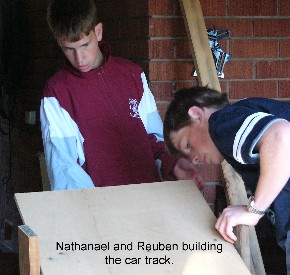
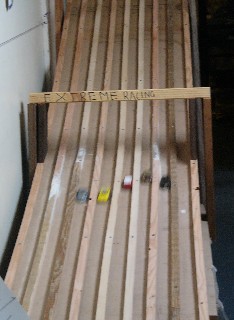
As a homeschooling parent, I understand that we are often feeling quite stretched and the easiest way to add simple science projects into the science curriculum is thinking of it in the form of design.
Ask your children what would be useful around our home? Can we build it? Can we improve a system? Can we build a bird feeder? Involve your children in the daily running of the home and help them to sort out real-life problems. Installing a water tank, re-cycling water, gardening, hydroponics, building shelves, and so on.
These real life situations involve a huge amount of real learning and so these hands-on projects are not just good as a 'project idea' but useful too! Science skills that are involved are: measuring, calculating, slope, angle, positioning, and this encourages children to develop all sorts of problem skills.
We loved creating this car track and use it for parties and church events. Even the Dads love to compete and spend time oiling and adjusting their matchbox car for the least resistance. Not only science, but heaps of fun!
4. Home school science notebooks
Notebooking is a way of keeping records of what you are reading and learning about. After a Science reading, I ask my children to narrate (tell back) to me what they have learned. Then they draw a picture about it. In a Home school Science notebook, you can add narrations, drawings, and details of simple science projects and experiments, drawings and steps involved. This helps to consolidate all that has been read and learned.
In the high school years, part of your homeschool science curriculum can be a science file to take notes, write definitions, record experiments, and write essays on scientists and so on.
Science history can also be studied within a history program. You can study the scientists of the time, explore their theories and their contribution to the world at that time. These living books can be found in the homeschool science resource page.
Home school science skills - what do we want to teach?
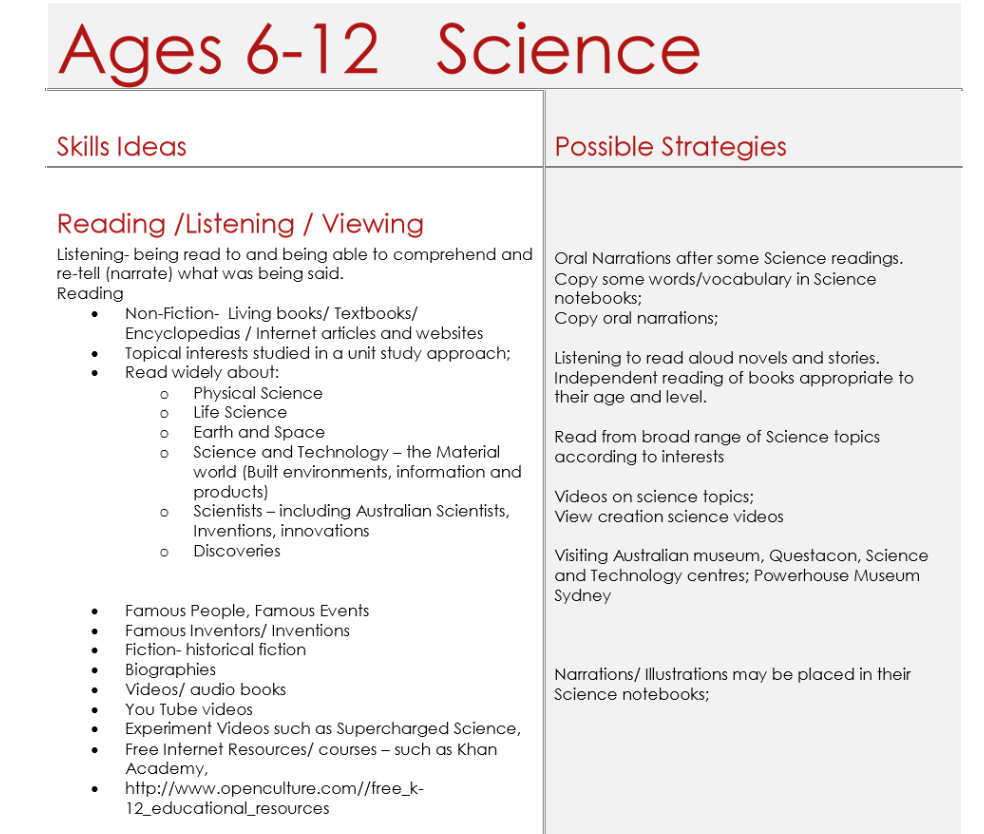
There are a number of skills we want to teach as we teach home school science. They include:
- Reading across the divisions of Science including Science discoveries, people, nature.
- Observation - including outdoor observation as well as conducting experiments and taking careful observation of results.
- Writing - being able to record what you have learned and observed.
- Creating and investigating - and working through the scientific process.
- Communicating - solving problems, defining and describing.
- Presentation - being able to present results, findings etc
There are strategies which you can use to cover the types of skills which you would like to be focussing on as you teach home school science. Strategies are the things you would be doing already - like going on a nature walk, reading great information books and biographies, watching videos, conducting experiments, visiting the zoo and a ton more ideas that I'm sure you're doing already!
Feel free to download this Skills and Strategies pdf which has a list of some science skills as well as possible strategies to bring science into your homeschool. (The pdf has other subjects also.)
- Home ›
- Home School Science

